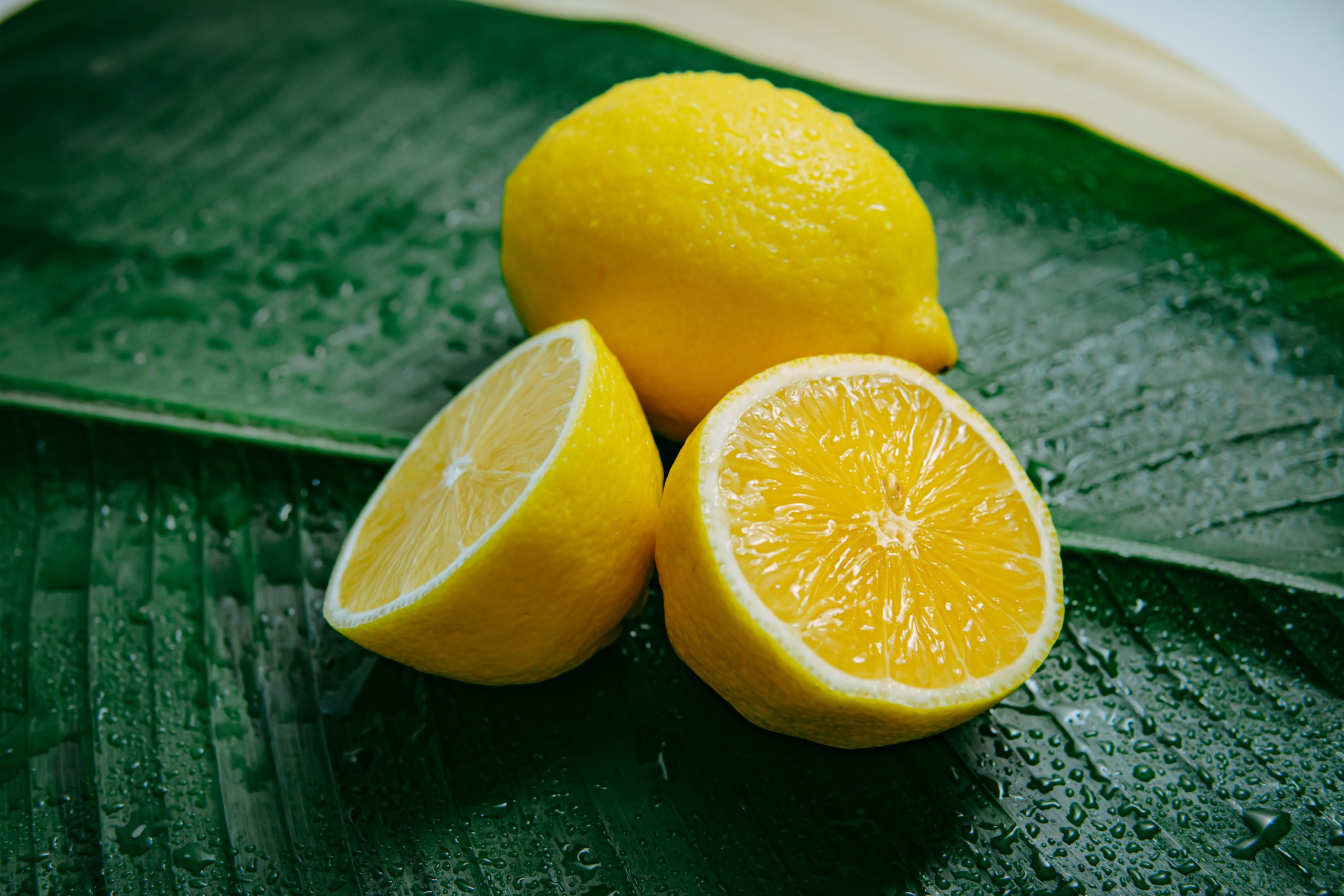Are you a vegan looking to boost your intake of Omega-3 fatty acids? You’ve come to the right place! While it’s commonly believed that these essential nutrients are only found in fish, there are plenty of plant-based sources available. In this blog post, we’ll explore what Omega-3s are and why they’re important for your health. Plus, we’ll share some easy tips on where to find them in delicious vegan-friendly foods. Get ready to discover how simple it can be to get enough of this vital nutrient!
What are Omega-3 fatty acids?
Omega-3 fatty acids are a group of polyunsaturated fats that our bodies cannot produce on their own. Instead, we need to consume them through our diet or supplements. There are three types of Omega-3s: EPA (eicosapentaenoic acid), DHA (docosahexaenoic acid), and ALA (alpha-linolenic acid).
EPA and DHA are primarily found in seafood, while ALA can be sourced from plants such as flaxseed, chia seeds, hemp seeds, and walnuts. Once consumed, the body converts ALA into EPA and DHA at a low rate.
Omega-3s play several roles in maintaining optimal health. They’re essential for brain function, eye health, heart health by lowering triglycerides levels and reducing inflammation throughout the body.
Research suggests that consuming sufficient amounts of omega-3s may also reduce the risk of chronic diseases like cancer and type 2 diabetes.
In conclusion; incorporating Omega-3 fatty acids into your vegan diet is crucial for overall well-being. While it’s true that some plant-based sources have lower concentrations than fish-derived options –remembering to include various food groups rich in this nutrient will provide your body with what it needs to function optimally!
What are the benefits of consuming omega-3s?
Consuming omega-3 fatty acids has numerous health benefits that are essential for a healthy body and mind. These polyunsaturated fats cannot be produced by the human body, hence it is important to include them in our diet.
One of the major benefits of consuming omega-3s is their ability to reduce inflammation in the body. Inflammation can lead to chronic diseases such as heart disease, cancer, and arthritis. Studies have shown that regular intake of omega-3s can help lower levels of inflammation markers in the body.
Omega-3s also play a crucial role in brain function and development. They are necessary for maintaining good cognitive health throughout life and may even improve memory recall ability. Additionally, they have been linked to reducing symptoms of depression and anxiety due to their mood-stabilizing properties.
Another benefit of consuming omega-3s is its positive effect on heart health. Omega-3s have been shown to reduce triglycerides (a type of fat) levels in the blood which can lead to improved cardiovascular health.
In addition, these fatty acids may help support eye health by preventing age-related macular degeneration – a common cause for vision loss among older adults.
Incorporating sources high in omega-3 fatty acids into your vegan diet can provide multiple benefits for overall well-being from physical, mental and emotional perspectives alike!
Where can you find omega-3s on a vegan diet?
As a vegan, you might be wondering: where can I find omega-3s without consuming animal products? Luckily, there are plenty of plant-based sources that are rich in this essential fatty acid.
One popular option is chia seeds – these tiny superfoods pack a big punch when it comes to omega-3 content. Just one ounce of chia seeds contains 4 grams of omega-3s! You can sprinkle them on top of oatmeal or smoothie bowls for an easy boost.
Another great source is flaxseed. Like chia seeds, they’re packed with omega-3s and are versatile enough to be added to many different dishes. Try adding flaxseed oil to your salad dressings or mixing ground flaxseeds into baked goods.
If you’re looking for something savory, walnuts make a great snack and contain high levels of ALA (alpha-linolenic acid), an important type of omega-3 fatty acid. You can also add shelled hemp seeds to salads or soups for another healthy dose.
Seaweed is another option for vegans seeking out omega-3s – specifically DHA (docosahexaenoic acid), which is typically found in marine animals like fish. Certain types of seaweed have been shown to contain DHA as well, making them a viable alternative.
While animal products may be the most commonly known sources of omega-3 fatty acids, there are plenty of options available for vegans as well. Incorporating foods like chia seeds, flaxseed, walnuts and seaweed into your diet can help ensure that you’re getting all the nutrients your body needs!
Conclusion
Omega-3 fatty acids are essential for maintaining a healthy body and mind. They offer numerous benefits such as reducing inflammation, improving heart health, and supporting brain function. As a vegan, it’s important to ensure that you’re getting enough omega-3s in your diet by consuming plant-based sources such as chia seeds, flaxseeds, hemp seeds, walnuts and seaweed.
It’s important to note that while there are many plant-based sources of omega-3s available to vegans, the body may not be able to convert these forms into the EPA and DHA forms found in fish oil. Therefore, if you feel like you’re not getting enough omega-3s from your diet alone or have any underlying health conditions that require additional supplementation with EPA and DHA – consult with your healthcare provider before taking supplements.
Whether through food or supplements ensuring adequate intake of omega three fatty acids is crucial for optimal wellbeing particularly given its impact on some of our most vital organs including our hearts brains eyes skin joints even our moods keeping us functioning at optimal level required daily!




